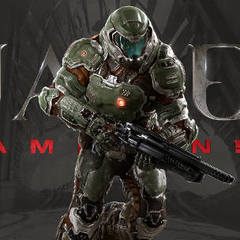The case against SSDs
-
Featured Topics
-
Topics
-
Ridethehorse ·
Posted in Troubleshooting2 -
0
-
mrtwonavels ·
Posted in CPUs, Motherboards, and Memory13 -
Scitesh ·
Posted in Troubleshooting1 -
0
-
OllyOllyOxycontin ·
Posted in Troubleshooting6 -
6
-
9
-
ImTehCookie ·
Posted in Networking0 -
Worstcaster ·
Posted in New Builds and Planning1
-



















Create an account or sign in to comment
You need to be a member in order to leave a comment
Create an account
Sign up for a new account in our community. It's easy!
Register a new accountSign in
Already have an account? Sign in here.
Sign In Now